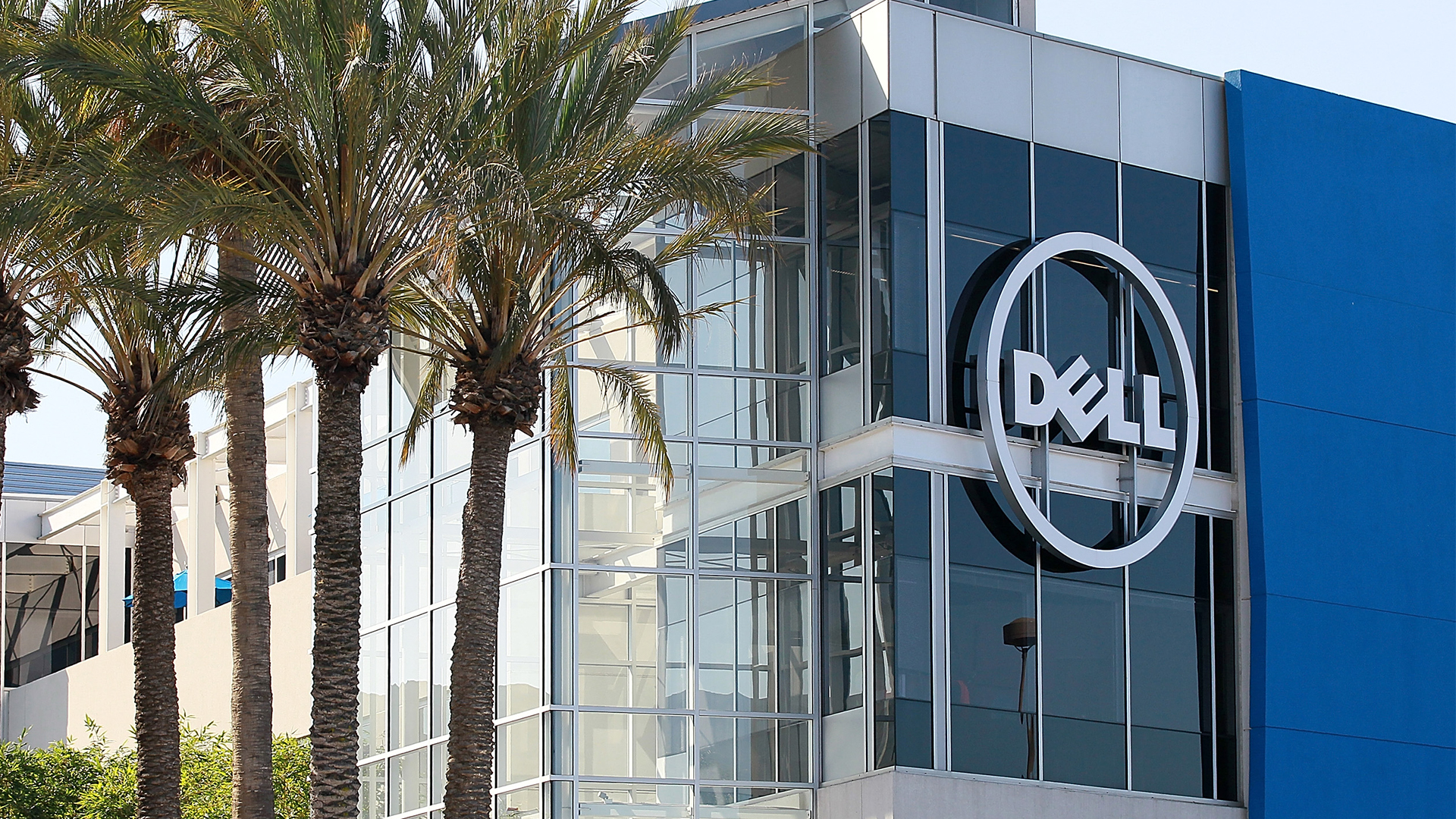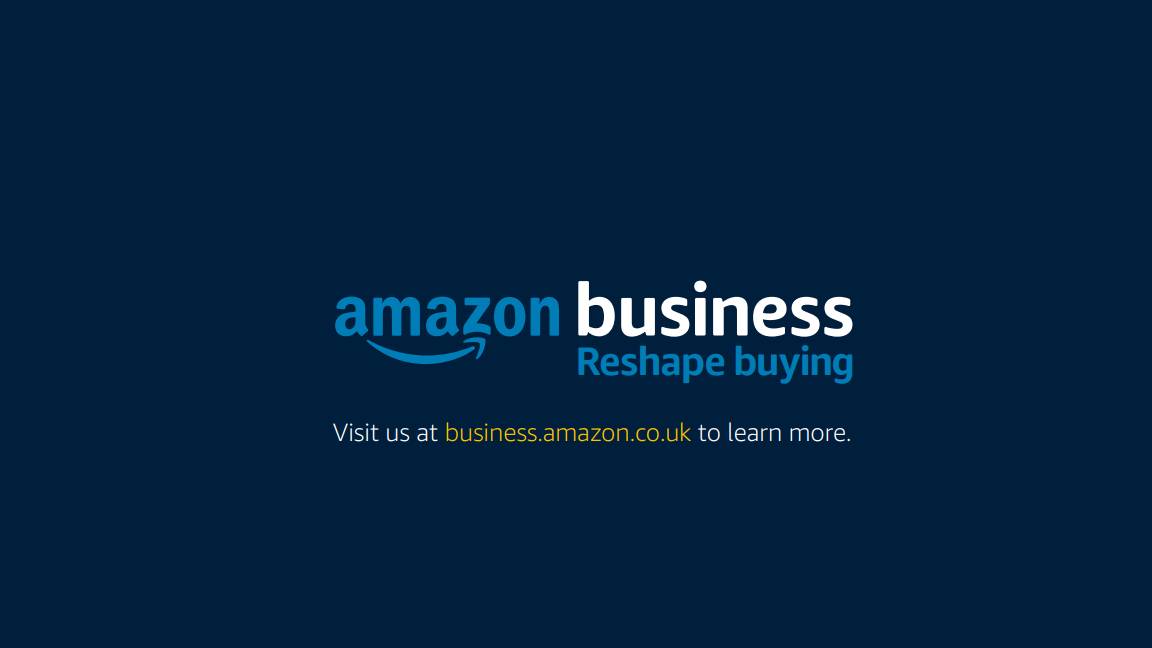How Airbnb went from blow-up beds to billion-dollar revenues
CEO Brian Chesky shares his secrets


Right now, Airbnb is the golden child of Silicon Valley. Brought up at virtually every tech conference, executives and entrepreneurs alike love to point out the fact that the company has become one of the world's most successful rental firms despite owning virtually no property.
The company has gone from strength to strength; in fact, it's one of the Valley's few 'unicorn' startups that isn't operating at a massive loss, with the company on track to bring in revenues of $2.8 billion this year. It's also largely managed to dodge the numerous scandals and screw-ups that seem to plague rapidly-growing tech startups.
So what's the secret? How have Airbnb's founders managed to build such a successful (and by all accounts sustainable) business? CEO and co-founder Brian Chesky took to the stage at this year's BoxWorks in San Francisco for a chat with Box CEO Aaron Levie, where he revealed some of the most important things to know when building a company.
The question of how to effectively scale your business is one that every company inevitably runs into during the course of its lifetime. It's an issue that has proved tricky for some, and fatal for others. For example, many have blamed Uber's problems on the rapid speed with which it scaled, leaving crucial areas like compliance and corporate culture unable to keep up.
According to Chesky, the key to scaling up a company is to ensure that you don't forget the qualities that you had as a startup. Borrowing a phrase from Jeff Bezos, he said a company is like a coin with two sides - the agility of a startup on one side, and the stability of an established organisation on the other.
"As a company grows, it becomes more robust," he said, "but what got them successful was their ability to be nimble. So we've basically said our biggest risk has always been our ability to stay entrepreneurial."
"We started noticing as we were growing, we had to scale, we were hiring more leader-stage, bigger company people and you need them. But you also need entrepreneurs to keep doing new things. But you're not going to keep entrepreneurs if you don't keep doing new things."
Sign up today and you will receive a free copy of our Future Focus 2025 report - the leading guidance on AI, cybersecurity and other IT challenges as per 700+ senior executives
Innovation is something that needs careful nurturing though. It can't be an isolated, siloed area of the business where you just leave a couple of engineers to get on with it, Chesky said, you need to ensure that you're properly fostering it at an executive level.
"The first thing I learned is that new innovation needs total buy-in from the CEO of the company. When we were building a lot of the new products I was involved daily, sometimes a couple hours a day on new projects. And so, imagining you're just going to put a team off on an island in an apartment somewhere, some skunk lab, and you can check back in six months is very unrealistic."
Adam Shepherd has been a technology journalist since 2015, covering everything from cloud storage and security, to smartphones and servers. Over the course of his career, he’s seen the spread of 5G, the growing ubiquity of wireless devices, and the start of the connected revolution. He’s also been to more trade shows and technology conferences than he cares to count.
Adam is an avid follower of the latest hardware innovations, and he is never happier than when tinkering with complex network configurations, or exploring a new Linux distro. He was also previously a co-host on the ITPro Podcast, where he was often found ranting about his love of strange gadgets, his disdain for Windows Mobile, and everything in between.
You can find Adam tweeting about enterprise technology (or more often bad jokes) @AdamShepherUK.
-
 Predicts 2024: Sustainability reshapes IT sourcing and procurement
Predicts 2024: Sustainability reshapes IT sourcing and procurementwhitepaper Take the following actions to realize environmental sustainability
-
 Advance sustainability and energy efficiency in the era of GenAI
Advance sustainability and energy efficiency in the era of GenAIwhitepaper Take a future-ready approach with Dell Technologies and Intel
-
 2024 State of procurement report
2024 State of procurement reportWhitepaper The trends shaping the future of business buying
-
 Digital optimisation paves the way to strategic supplier management
Digital optimisation paves the way to strategic supplier managementWhitepaper Procurement’s role as a strategic driver
-
 Bringing order to the file management chaos plaguing AEC firms
Bringing order to the file management chaos plaguing AEC firmswhitepaper How a cloud-based solution, supported by edge technology, helps architecture, engineering, and construction firms boost performance and cut costs
-
 File data services to support modern manufacturing
File data services to support modern manufacturingwhitepaper Smart file data services deliver resilience and intelligence to the modern manufacturing organization
-
 Innovation in product development
Innovation in product developmentwhitepaper The latest data on how successful product development teams collaborate to build the future
-
 The small and medium business guide to buying
The small and medium business guide to buyingWhitepaper Optimising purchasing to save in 2024


